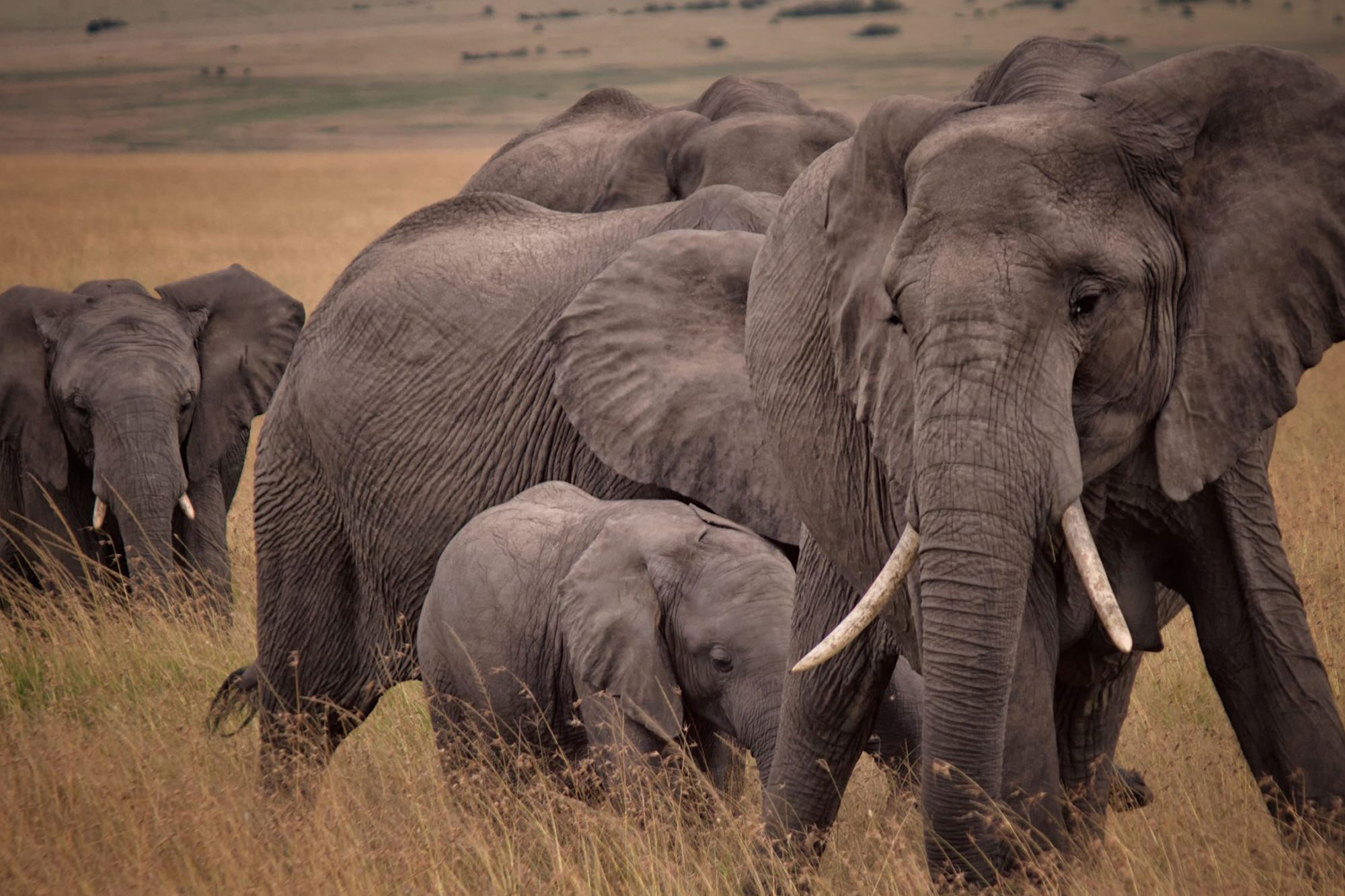Communities affected by the ban on hunting in Botswana, home to the largest population of elephants on earth, could help wildlife authorities stamp out poaching if they return to working together, according to Professor Keith Somerville, a conservation expert at the Durrell Institute of Conservation and Ecology (DICE).
Professor Somerville comments: “The Government of Botswana announced it has decided to lift the hunting suspension on 22nd May 2019. The communities most affected by human-wildlife conflict who suffered crop loss to elephants, human deaths caused by elephants, and livestock loss to predators like lions, leopards and hyenas had always opposed the ban.
“I was made fully aware of this when I interviewed the chief of a village near the Okavango Delta wildlife reserve in 2018. When the hunting ban was imposed, they lost $600,000 in income from selling their legal hunting quota to visiting hunters. They also lost the meat from the hunting operations. The village had been impoverished by the ban, as the government had not provided any alternative income.
“When new Botswana President Mokgweetsi Masisi came into office in April 2018, he set up a ministerial committee to consult with local communities, conservationists and other stakeholders. It reported, after extensive consultations, that the ban should be lifted and that people in areas with wildlife, especially elephants, wanted measures to control their numbers, perhaps even a culling of elephants.
“In fact, as I discovered on visits to affected areas in Botswana since 2014, the ban itself prompted an increase in poaching and popular resentment towards elephants.
“With elections due later this year, the government of President Masisi will want to ensure it is being seen to react to popular grievances and develop a hunting system that doesn’t just benefit safari-hunting operators, but brings in income for rural communities. No promise has been made to reduce elephant numbers by culling, but a recent summit meeting with leaders of neighbouring Angola, Namibia, Zambia and Zimbabwe in Kasane, Botswana, pledged to work together to manage elephant numbers and encourage dispersal to reduce conflict with people.
“In terms of aligning rural development needs with conservation needs so that wildlife is protected and only hunted in a regulated and sustainable fashion to provide benefits for communities, it is crucial to ensure those communities regain a sense of ownership of their wildlife resources and income to compensate for damage caused by wildlife, restoring the social contract wrecked by the ban.
“That contract meant that local communities worked to help the wildlife authorities stamp out poaching and operate an integrated system of sustainable resource use, high-cost tourism and a mitigation of human-wildlife conflict. It was lost but could now be regained.”
 Professor Keith Somerville is a member of DICE and teaches at the Centre for Journalism. His book on the history of human-lion conflict and coexistence from the Pleistocene to the present, Humans and Lions: Conflict, Conservation and Coexistence, will be published by Routledge/Earthscan in the summer.
Professor Keith Somerville is a member of DICE and teaches at the Centre for Journalism. His book on the history of human-lion conflict and coexistence from the Pleistocene to the present, Humans and Lions: Conflict, Conservation and Coexistence, will be published by Routledge/Earthscan in the summer.

